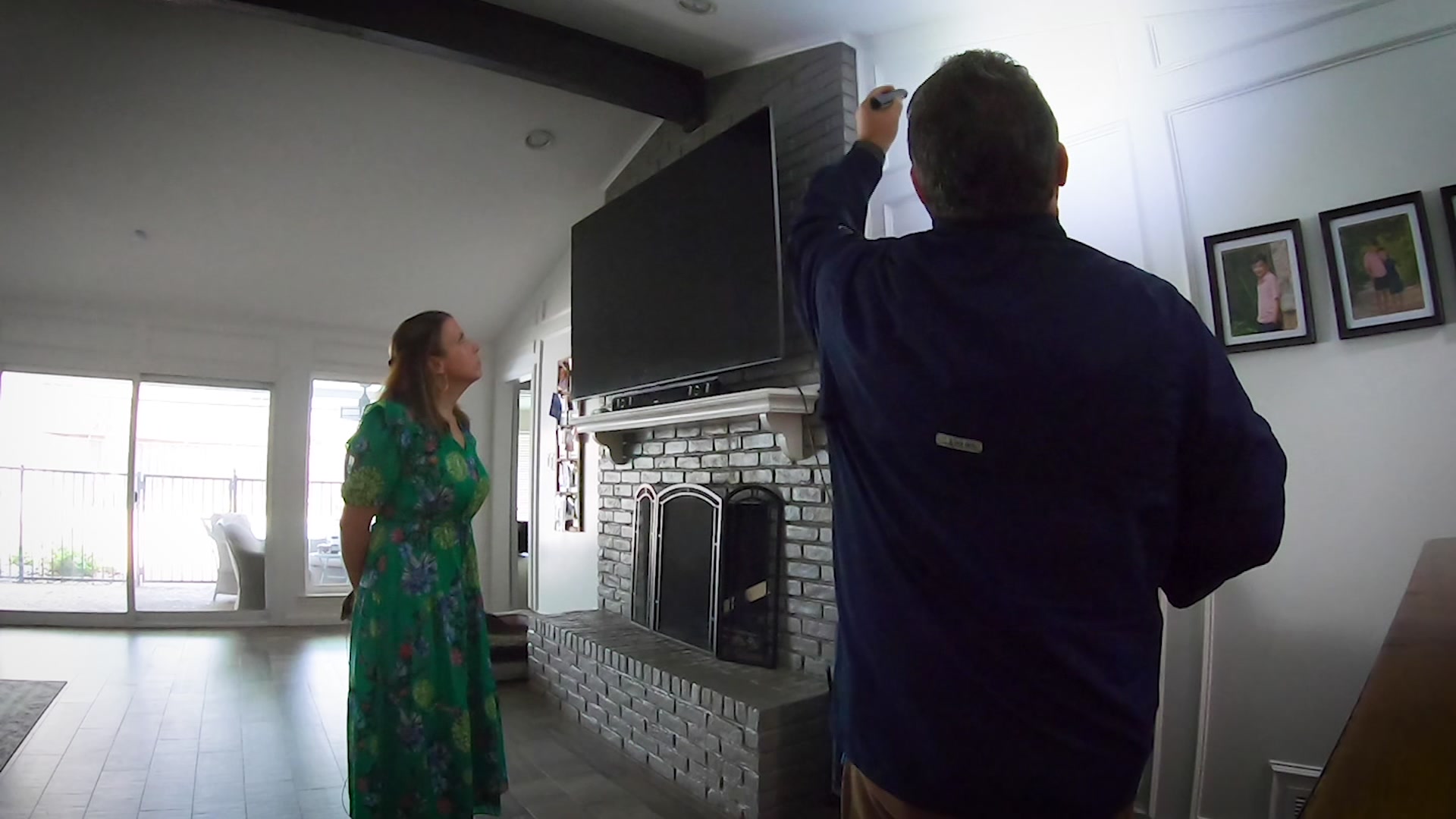If you’ve shopped around for car or home insurance, you may have had a conversation about past claims that your new insurance company sees in your history. You have a right to see that information, too.
Read on for how to request a free, yearly copy of the report.
REVIEWING PAST HISTORY OF CLAIMS
For real estate agent LaKisha McGee, finding the right home can involve lots of leg work, patience and information.
Get top local stories in DFW delivered to you every morning. Sign up for NBC DFW's News Headlines newsletter.
“It is your biggest investment,” said McGee. “It’s already a lot to go through when you’re buying or selling a home. As much security as I can give my clients, I would like to do that.”
One of the available tools is the past history of insurance claims. McGee said a seller can show potential buyers there have been no claims. McGee said if a buyer is closing a deal on a house, they can request a summary of claims history to compare to the seller’s disclosure.
“If you are purchasing a car from someone else, a home from someone else, it's that much more due diligence that you have at your fingertips,” said Jill Gonzalez, WalletHub analyst.
The Comprehensive Loss Underwriting Exchange or C.L.U.E report lists claims filed for a house or car for the past seven years.
Gonzalez said most insurance companies consult it when taking on a new customer.
“The same way that a credit card company is going to look at your credit report when they're putting together your interest rates and they're approving you for a new credit card, that's how most home and auto insurers look at a C.L.U.E. report,” explained Gonzalez.
A C.L.U.E. report lists information like the date, type of loss and the amount paid on a claim.
NerdWallet Insurance Editor Caitlin Constantine explains consumers can see their own annual report for free.
“It's really important to check your report at least once a year to make sure that it's accurate and to dispute any errors you find. You could end up paying more for insurance than you should if your C.L.U.E. report has claims on it that you didn't actually file,” said Constantine.
HOW TO REQUEST YOUR REPORT
The C.L.U.E. database is run by LexisNexis Risk Solutions. Consumers can request their own report by mail, phone or this website.
If requesting online, click on the “request a consumer disclosure report” button. You’re asked to provide your Social Security number or driver’s license. LexisNexis Risk Solutions said it’s asking for that information to confirm the identity of the person requesting the report.
Consumers can expect a response within two weeks.
When NBC 5 Responds reporter Diana Zoga ordered her report, a letter hit her mailbox within a week and a half. It provided instructions to go back online and enter a one-time web address and PIN. From there, Zoga could download the report which was accurate.
“If you spot an error on your C.L.U.E. report, reach out to LexisNexis. You can contact them by email, by phone or by mail to request a correction. Once they hear from you, they typically have 30 days to investigate the error and decide whether to remove it,” said Constantine.
Consumers can also add a personal statement to an item in the report.
Consumers can only request a copy of their own report. If you want to see a report for a home you may buy, the owner would have to request it and share.
McGee said it may be something a buyer considers during an option period and a seller could have it ready to share.
“When you know better, you do better, right? So, if I know that this is available to me and I know how it can help me than I know I can ask for it,” explained McGee.
On its website, LexisNexis Risk Solutions says more than 99% of car insurers and more than 90% of home insurers provide claims data to the C.L.U.E. database.
Your claims history may also be in an A-PLUS loss history report run by the Verisk database.
You can make it a habit to request both at the same time you’re checking your free annual credit report too.
NBC 5 Responds is committed to researching your concerns and recovering your money. Our goal is to get you answers and, if possible, solutions and a resolution. Call us at 844-5RESPND (844-573-7763) or fill out our customer complaint form.
Get top local stories in DFW delivered to you every morning. Sign up for NBC DFW's News Headlines newsletter.



